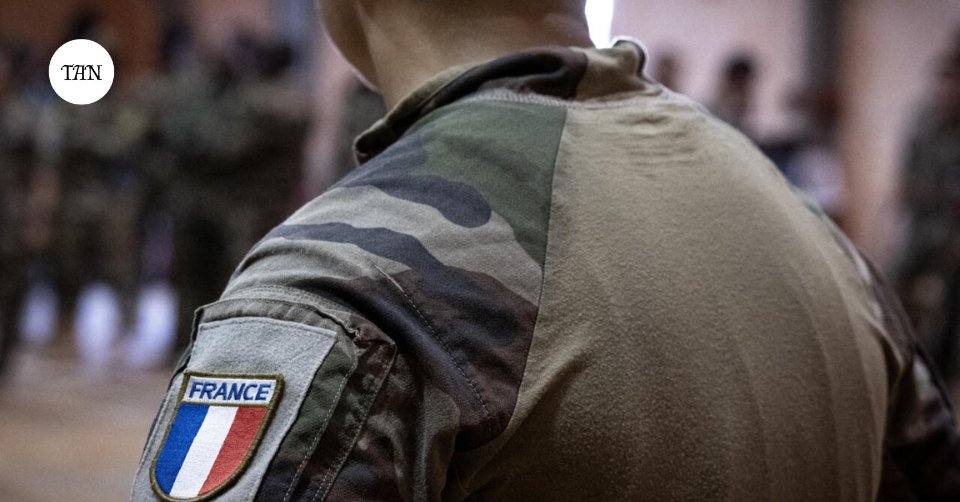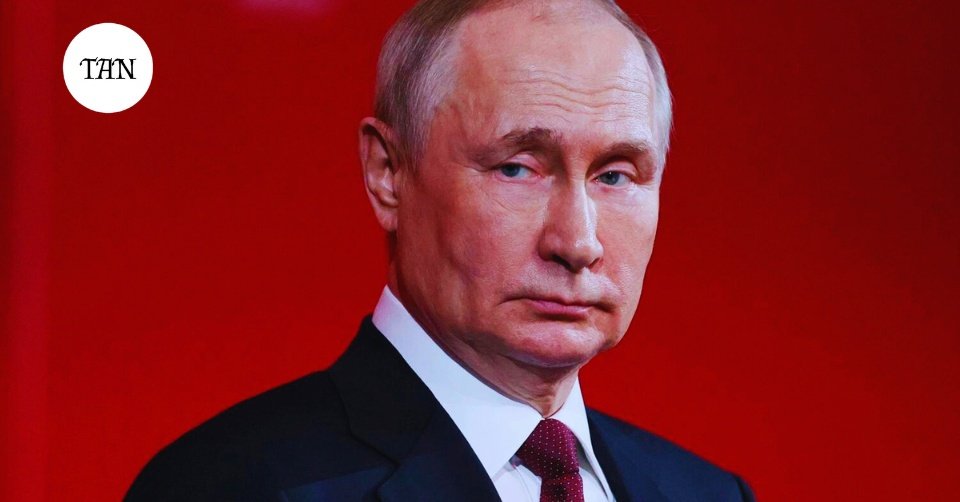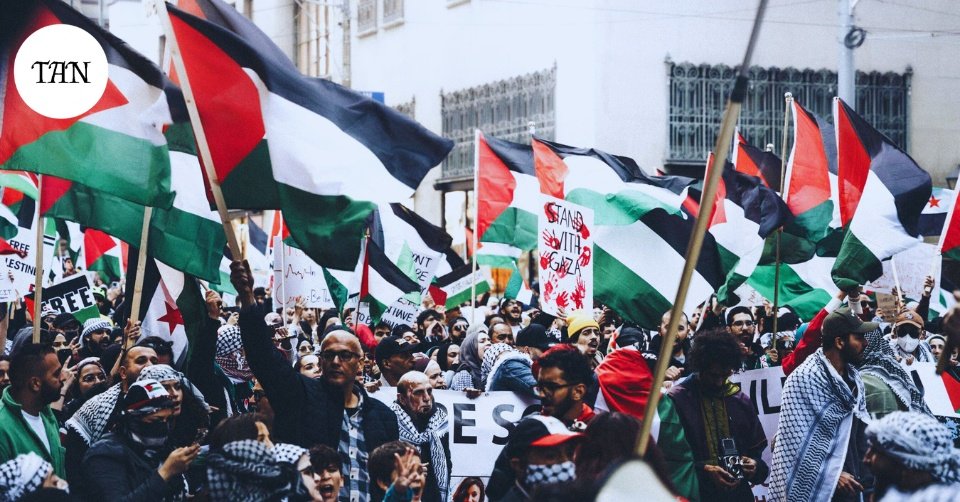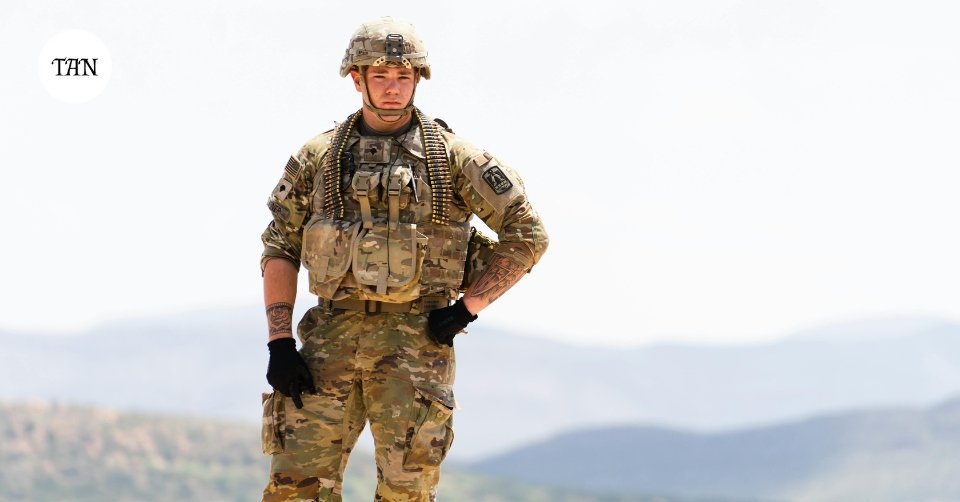Currently, there is a conflict in Ukraine that has received a lot of attention from people in different countries around the world, some of which are supportive in various ways. In this regard, the French action to train and supply Ukrainian Militants has caused much controversy concerning its efficacy and the international responses. This action promoted by the France side demonstrates the strategic entanglements that are present in the conflict and question about the future development of the war.
Background and Context
Since the beginning of the Ukraine crisis especially in the east area the fighting between the Ukrainian military and Russian-backed rebels has been serious. The conflict involved so many internationals groups with different stakes and political agenda on the event that happened. France, which is one of the members of the EU and NATO, has actively realized support to Ukraine, which demonstrates the commitment of France to protect the principles of international law and opposition to aggression.
In the last few months they stepped up their contribution and sent military trainers to train Ukrainian military. It is viewed as a continuation of efforts to revamp Ukraine’s military and bolster its defenses against the ongoing ag vamos TODAY as part of the process of revamping the Ukrainian military and strengthening the country’s defense against the ongoing aggressio However, this attempt has been done under controversies among some quarters of France and other countries across the globe.
Legitimacy of France’s Support
Thus, the subject of the article can be defined as follows: To what extent the French support to Ukraine militarily is justified? Firstly, Ukraine has appealed for Help from the international community in deterrence efforts. Forcing Ukraine into this vulnerable position that it desperately needs help, the call for intervention is heard as a democratic cry for support from an ally nation. France’s response can therefore be seen as an affirmation of responding to the calls for international solidarity, as well as addressing the core concepts of sovereignty and territorial integrity.
Furthermore, French action in this regard is legal in the eyes of international law. It is widely accepted under international law that lending support to Military training to a government under a coup or rebellion within its borders and or an attack from outside its borders . France by placing its support behind the proclaimed legal and diplomatic provisions, ensures that the steps it takes are legal and therefore acceptable.
However, the issue of the legitimacy of environmental organizations is not only a legal issue, but legal and even ethical one. Some have brought forth reasons for concern that this intervention of foreign military has the potential of deepening the existing conflict in Ukraine. They point out that ENM may competitively embed France in the proxy war with Russia, which could yield unpredictable and, in the worst-case scenario, catastrophic consequences for the European and international order.
International Reactions
This paper presents global reactions towards French military support for Ukraine which were polarized depending on the interests of various countries in the conflict. They blamed Saudi Arabia for the pressure exerted on the French government, while Western counterparts have shown appreciation to France for the measure taken . This diplomatic and financial support has been largely received by NATO members especially in the light of the renewed aggression by Russia which has caused instability in the Europe region. The EU has also joined the voice demanding support the Ukrainian people and has also stated that the union stands in support of democratic nations under threat.
The United States has expressed its support to France’s assistance as it is considered one of the NAT0 member states calling for help to Ukrain. US authorities, therefore, underscored the necessity of the concerted actions against Russian aggression, stating that the collective voices can contribute to the prevention of future aggression on the part of Russia.
On the other hand, Russia has been very critical of the French role especially where military intervention in Ukraine is concerned. The appearance of foreign military trainers has been described by Russian top officials as provocative actions, saying that France made war worsen. This position is in line with Russia’s more general narrative, carried over from its war with Georgia in 2008, in which Western activity in Ukraine is seen as an infringement of its sphere of interest and a menacing encroachment on its territory.
Some of the concerned non-aligned and neutral countries include Russia and some European Countries as mentioned in the analysis above. Such nations fear the escalation of the conflict and wish for the peaceful approach to the problem rather than participating in a war. It does so by appealing to reason and insisting on the process of dialogue and negotiations as the way to address the crisis this movie depicts.
Implications for the Future
So French and their military assistance to Ukraine have some kind of impact and influence on the future of this conflict and the region as a whole. In the short run, training the Ukrainian forces in military tactics is probably to increase their firm’s ability to defend itself which may shift the balance in the field. This could result in a continuance of the existing state of affairs or, for the best possible outcome in Ukraine’s case, a steady advance against the separatists.
In another thirty years there may be definite repercussions of the foreign military participation in Ukraine. It increases the likelihood of the continuation of the conflict, leading to more complex means of diplomatic settlement. It also increases the risk that the conflict escalates from local level to one that directly involves NATO and Russia.
In the case of France, offering military assistance to Ukraine is their way of asserting its stance as an active player in protecting European security and asserting itself and is not hesitant to act in the face of hostility. Yet, it also puts France into a quite precarious position – as a member of the European Union, and the potential participant in such an architecture, France is to legally avoid direct confrontation with Russia while, at the same time, remain an effective security actor in European state system.




